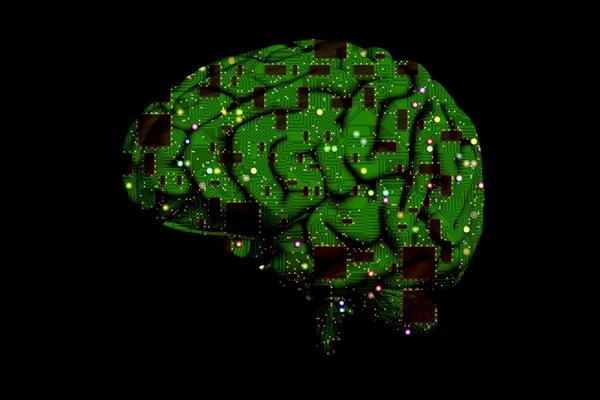2 August 2017. The medical analytics company Insilico Medicine is partnering with a university in Denmark to apply artificial intelligence to find new treatments for diseases associated with early aging. Financial and intellectual property aspects of the agreement between Insilico Medicine, in Baltimore, and University of Copenhagen were not disclosed.
The collaborators plan to identify molecules that stimulate the expression of genes for repairing faulty DNA underlying Alzheimer’s and Parkinson’s diseases, as well as cardiovascular disorders, associated with early aging. “Many of the diseases of aging are associated with the failure of the DNA repair mechanisms,” says Morten Scheibye-Knudsen, a molecular biologist with the university’s Center for Healthy Aging in a joint statement. “The aging processes accelerate as the DNA repair mechanisms lose function. The collaboration with Insilico Medicine will allow us to find the molecules that repair DNA and prevent accelerated aging.”
Scheibye-Knudsen’s lab studies the consequences of DNA damage on cells and organisms associated with the aging process. Research in the lab shows damage to DNA related to aging results in changes in a number of metabolites, which if replenished can alter the rate of aging in lower-level organisms used as models. The lab aims to find ways of intervening in this process to prevent or treat neurological and cardiovascular diseases associated with aging.
Insilico Medicine discovers new drugs and new uses for current drugs with genomics, big data analytics, and artificial intelligence. In this project, the company is employing deep learning, an artificial intelligence technique getting more use in life sciences and health care. Deep learning is a form of machine learning that makes it possible for systems to discern underlying patterns in relationships, and build those relationships into knowledge bases applied to a number of disciplines. Image analysis and self-driving vehicles are among its current applications.
In May 2016, researchers from Insilico Medicine and others published a proof-of-concept study that employs deep learning networks to predict therapeutic categories of molecules in new or repurposed drugs, based on transcription response data. These data indicate the DNA sequences to which transcription factors bind, the proteins that produce messenger RNA from the genetic code in DNA. The researchers found deep learning returns high accuracy rates in its predictions, outperforming current analytical models.
The company also developed an online analytic engine based on deep learning to determine an individual’s age based on blood chemistry data. The latest version of the system, released in November 2016, analyzes 33 biomarkers in blood — down from 41 elements in the earlier version — and covers more population groups. The system is available for beta testing at http://www.aging.ai/.
Under the agreement, Scheibye-Knudsen’s lab in Copenhagen is expected to test the molecules proposed by Insilico Medicine, and identify the best candidates for further drug development. “If we can find molecules that repair our DNA,” adds Scheibye-Knudsen, “it is not inconceivable that we can increase the upper limit to how old we may be.”
More from Science & Enterprise:
- FDA Clears Algorithm-Assisted Cancer Diagnosis
- Start-Up Applying Artificial Intelligence to New Drug Uses
- Glaxo Using Artificial Intelligence for Drug Discovery
- Institutions to Apply AI Models to Type 1 Diabetes
- Computer Vision, Deep Learning Aid Prosthetic Hands
* * *


 RSS - Posts
RSS - Posts
[…] University, Company Employ AI for Anti-Aging Drugs […]
[…] University, Company Employ AI for Anti-Aging Drugs […]